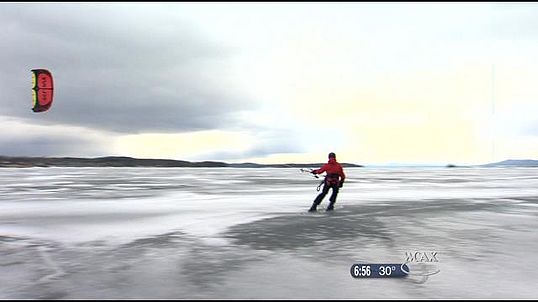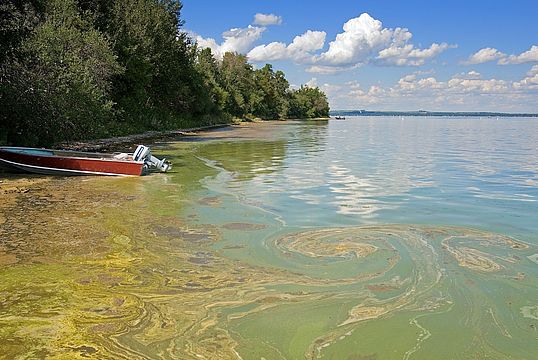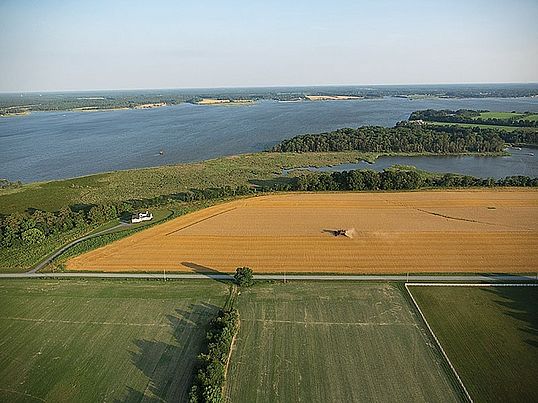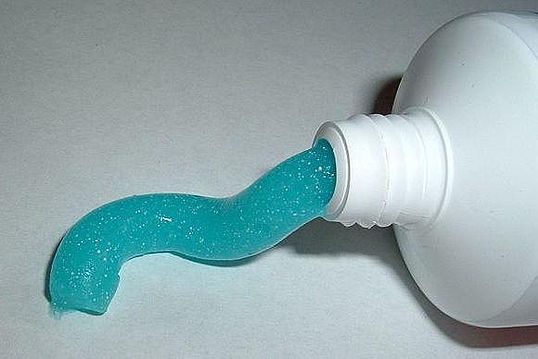Other Lake News from Near and Far
Other Lake News from Near and Far

Snowkiting on Lake Champlain
Anyone who has travelled over the Route 2 causeway on a windy winter day has probably seen snowkiters whipping around the glassy frozen lake. WCAX ran a piece on snowkiters, including a video, featuring LCC Board Chair Gary Kjelleren. He noted that snowkiting is actually easier than kitesurfing on water, another of his past-times. The sport is clearly for the adventurous as snowkiters reach speeds as fast as 50 or 60 miles an hour, all without seat belts. Safety precautions are critical.

Blue-green Algae Blooms Proliferating
Over the last two-hundred years blue-green algae blooms have become more common in lakes across Europe and North America according to a recent research paper coming out of McGill University. The authors attribute the increase, which has been particularly acute since the 1950s, to the advent of industrial fertilizer and rapid urban growth. Blue-green algae even increased in remote alpine lakes where higher temperatures and air-borne deposition of nutrients play a greater role than agricultural inputs.

Eastern Shores Nutrient Woes Exacerbated by Location, Topography
A new report suggest that water pollution problems along the Eastern Shore of the Chesapeake Bay will persist for decades. Due to the intense agriculture in the region twice as much nitrogen and phosphorus is applied to lands on the Eastern Shore compared to other parts of the watershed. In some places, nitrogen concentrations in groundwater are high enough to pose a human health risk. Nearly a quarter of the phosphorus that reaches the Chesapeake Bay comes from the Eastern Shore even though that land accounts for only seven percent of the watershed. The high application rates combined with flat topography and slow moving groundwater means that the pollution problems will persist. The slow moving groundwater means that what is reaching streams today was contaminated with nitrogen decades ago.

Microbead Bans Signed into Law in New Jersey and Colorado
In the past month the governors of New Jersey and Colorado signed bills that will ban the sale of products containing microbeads. Microbeads are minute plastic particles used as scrubbing agents in some soaps, toothpastes, facial scrubs, body washes, and other personal care products. They are small enough to pass through screens at wastewater treatment facilities and do not break down. Wherever researchers look in waterbodies they find them, most notably in the Great Lakes. Illinois has already banned such sales and a number of other states including New York and Vermont are considering following suit. In Vermont, a bill has passed the House but has yet to be taken up in the Senate. In New York there are bills in both the Assembly and Senate; last year a ban passed the Assembly but died in the Senate.